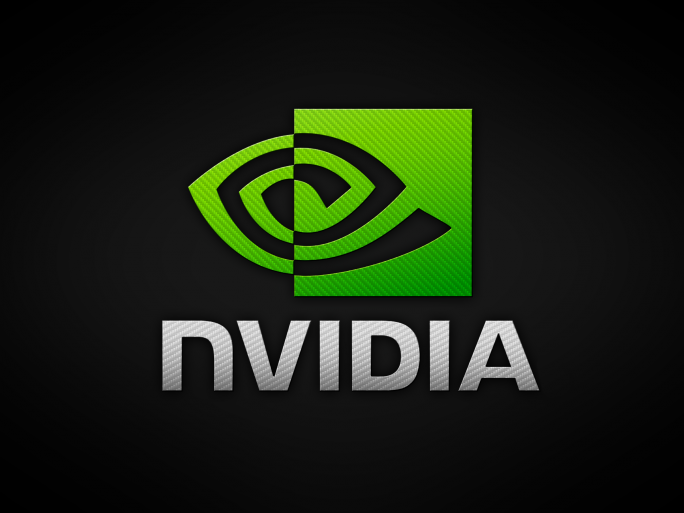Nvidia Charged By SEC For ‘Inadequate Disclosures’ About Crypto Mining

US financial regulator charges GPU giant Nvidia for “inadequate disclosures” concerning the impact of crypto mining on the company’s gaming business”
GPU giant Nvidia has settled with the US financial regulator, after it was charged with “inadequate disclosures” about crypto mining’s impact on its gaming business.
The Securities and Exchange Commission (SEC) announced “settled charges” against Nvidia, and the GPU powerhouse has already agreed to a cease-and-desist order and it will pay a $5.5 million penalty.
However Nvidia has neither admitted or denied the SEC’s charges, but has decided to pay the fine anyway.
![]()
Inadequate disclosures
The SEC’s order finds that, during consecutive quarters in Nvidia’s fiscal year 2018, the company failed to disclose that crypto mining was a significant element of its material revenue growth from the sale of its graphics processing units (GPUs) designed and marketed for gaming.
Crypto mining is the process of obtaining crypto rewards in exchange for verifying crypto transactions on distributed ledgers.
As demand for and interest in crypto rose in 2017, Nvidia customers increasingly used its gaming GPUs for crypto mining, the SEC alleged.
It should be remembered that cryptocurrency mining uses large amounts of energy, much of it derived from the burning of fossil fuel.
Essentially this is because cryptocurrencies are created when high-powered computers compete against other machines to solve complex mathematical puzzles, a process known as mining.
At current rates, crypto mining uses about the same amount of energy annually as the Netherlands did in 2019, data from the University of Cambridge and the International Energy Agency has previously shown.
Then last October Cambridge University research found more data about the environmental costs of crypto mining, which currently consumes 0.45 percent of global electricity production, the research estimated.
The SEC said that in official statements, Nvidia did not disclose the earnings were “related to a volatile business for investors to ascertain the likelihood that past performance was indicative of future performance.”
The SEC also alleged that Nvidia did “make statements about how other parts of the company’s business were driven by demand for crypto, creating the impression that the company’s gaming business was not significantly affected by cryptomining.”
“NVIDIA’s disclosure failures deprived investors of critical information to evaluate the company’s business in a key market,” said Kristina Littman, Chief of the SEC Enforcement Division’s Crypto Assets and Cyber Unit.
“All issuers, including those that pursue opportunities involving emerging technology, must ensure that their disclosures are timely, complete, and accurate,” said Littman.
The SEC’s order finds that Nvidia violated Section 17(a)(2) and (3) of the Securities Act of 1933 and the disclosure provisions of the Securities Exchange Act of 1934.
The order also finds that Nvidia failed to maintain adequate disclosure controls and procedures.
GPU shortages
The SEC filing states that gamers instead of using GPUs to power their games, rather turned to crypto mining.
But the reality is that it was crypto miners themselves who actually acquired huge quantities of gaming GPUs for their crypto mining farms.
This heavy purchasing by crypto miners resulted in GPU shortages, which in turn priced a lot of gamers out of being able to get their hands on a decent GPU for its recommended retail price.
Indeed, such has been the shortage of reasonably priced GPUs in the past three years, it has meant gamers have had to spend double, or even triple, the normal retail price in order to obtain a GPU for their gaming rigs.